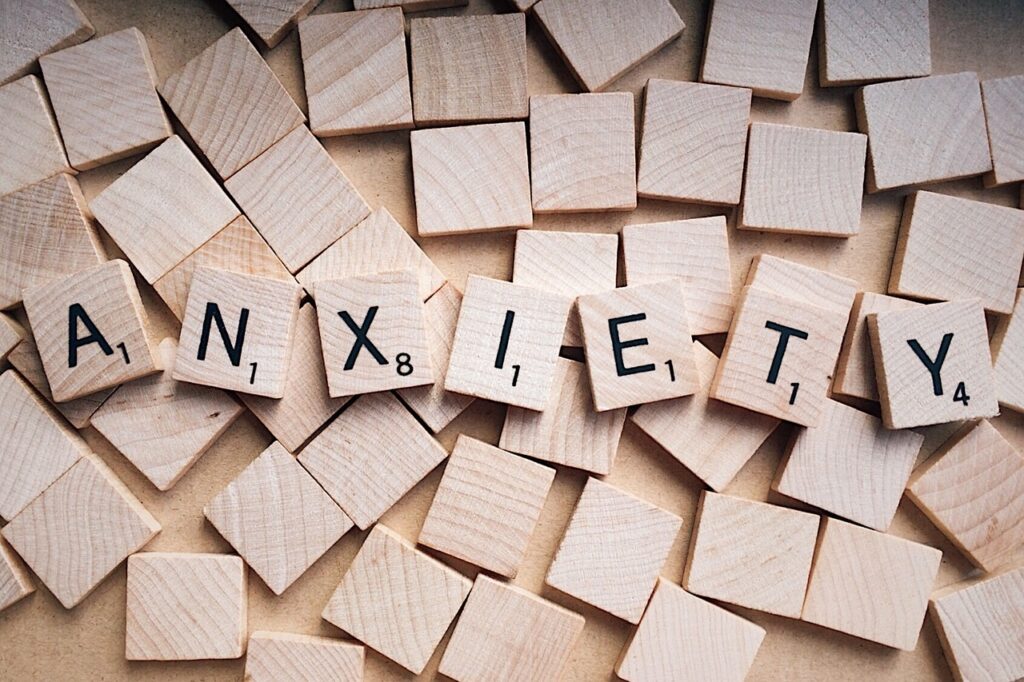Navigating the world with food allergies can be difficult, especially for children. As parents, it’s crucial to provide support that not only addresses their physical safety but also their emotional well-being. Here are some tips to help your child manage anxiety related to their food allergies.
Education and Empowerment
- Teach Self-Advocacy
Encourage your child to speak up about their food allergies. Role-play scenarios where they might need to tell someone about their food allergy or ask about ingredients. This practice helps build their confidence and ensures they know how to communicate their needs. - Involve Them in Safety Measures
Show your child how to read food labels and identify safe and unsafe foods. Teach them how to use their emergency medication, such as an EpiPen or Auvi Q. Involving them in their safety empowers them to take control of their health. - Education about Food Allergies Knowledge is power. Start by teaching your child about their specific food allergies in an age-appropriate way. Explain what an allergic reaction is and why it’s important to avoid certain foods. This fundamental understanding can help reduce fear. Explain that 1 in 13 children have a food allergy, so there are definitely other children in their school with food allergies. They are not alone in this.
Emotional Support
- Listen and Validate Feelings
Create a safe space for your child to express their fears and concerns. Validate their feelings by acknowledging that it’s normal to feel anxious about food allergies. Listening without judgment can significantly ease their anxiety. - Provide Reassurance
Reassure your child that you and other trusted adults are there to keep them safe. Emphasize the precautions in place to prevent food allergic reactions, which can help decrease their worries. Their teachers should know about their food allergies and be able to have a conversation with the child reassuring them that they know what foods they are allergic to and how to avoid them. - Model Calm Behavior
Children often take cues from adults on how to react to situations. By staying calm and composed when discussing food allergies or during potential allergic situations, you can help your child feel more secure.
Practical Strategies
- Develop a Routine
Establish a consistent routine for reading food labels, communicating with manufacturers and discussing food allergies with others. Predictability can provide comfort and reduce anxiety. - Create an Emergency Action Plan
Work with your child and allergist to develop a clear, step-by-step emergency plan. Practice the plan regularly so your child feels prepared and confident in handling potential allergic reactions. Every time you get new EpiPens/Auvi Q’s practice with the trainer. - Pack Safe Snacks and Meals
Ensure your child always has safe snacks and meals available, especially during outings or at school. Involve them in the preparation process to give them a sense of control and independence over their food choices.
Building a Support System
- Communicate with Caregivers and Teachers
Inform teachers, caregivers, and friends’ parents about your child’s food allergies and emergency procedures. Ensure they understand how to handle an allergic reaction. Open communication creates a network of support for your child. - Connect with Support Groups
Join local or online support groups for families dealing with food allergies. This can provide your child (and you) with a sense of community and shared experience, reducing feelings of isolation. Come join my private Facebook group, Food Allergy Forum, for support, information on food allergies and recipes.
Encouraging Normalcy and Confidence
- Focus on What They Can Eat
This would probably be my number one tip when it comes to food allergies in order to help your child feel less isolated. Explore and enjoy a variety of safe foods together. Encourage cooking and trying new recipes that accommodate their allergies. Highlighting what they can eat instead of what they can’t helps shift their focus to positive experiences. Check out our family’s cookbook, The Allergy-Friendly Cookbook. My children and I created these recipes in order o help other families living with food allergies. - Encourage Social Activities
Help your child participate in social activities with peers by planning ahead to ensure safety. Host playdates or parties at your home where you can control the food environment, ensuring they can enjoy themselves without worry.
Professional Support
- Seek Professional Help if Needed
If your child’s anxiety is severe or interfering with daily life, consider consulting a therapist who specializes in childhood anxiety or chronic health conditions. Professional support can provide them with coping strategies and emotional tools to manage their anxiety effectively. If you can find a therapist that has children with food allergies themselves, even better!
Positive Reinforcement
- Celebrate Successes
Praise your child for taking precautions, speaking up about their allergies, and managing their anxiety. Celebrate milestones, like handling an allergy situation independently or trying a new safe food. Positive reinforcement can boost their confidence and encourage proactive behavior.
By combining these strategies, you can help your child feel more confident and less anxious about their food allergies. The goal is to empower them with knowledge, provide emotional support, and ensure they have practical tools to manage their food allergies safely.
To learn more about our food allergy journey or to book a session with me, check out my website, Eating Healthy 4 Life.
